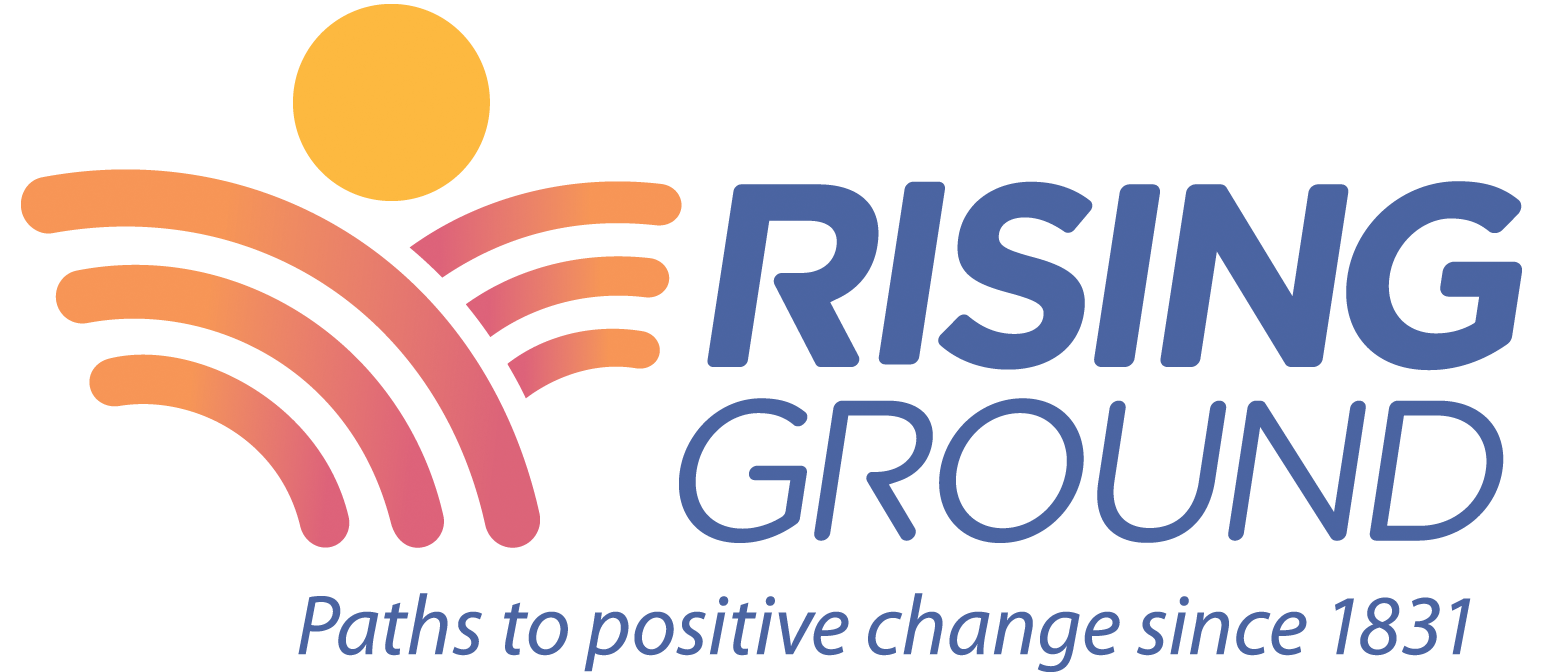Healthy and meaningful relationships are key to our well-being. The ability to connect with others, share experiences, and feel a sense of belonging provides stability to our lives. However, within relationships – when one partner is abusive and controlling to another – a relationship that should be a site of love and support can become enormously harmful. When people, predominantly women and their children, are in an environment defined by abuse, fear – for their lives, of losing everything, of shame from their community – can lead to desperate actions. Beyond physical threats, the trauma of abuse impacts the emotional and mental well-being of survivors and their children.
Our STEPS To End Family Violence cadre of programs is committed to both healing and prevention. We work with survivors and their families to overcome histories of abuse to find positive paths forward. Meanwhile, we work with youth, schools, courts, legislators, and the community at large to advocate for a greater understanding of healthy relationships and how intimate partner violence can lead to any number of subsequent challenges. We are explicitly committed to naming the survivorship of people whose experiences have historically been ignored.
STEPS was founded by the legendary Sister Mary Nerney in 1986 after she convened a gathering of women incarcerated at the Bedford Hills Women’s Correctional Facility who testified to their histories of battering and its relationship to their criminal charges. This historic event created a call to action to create what started as a two-person court advocacy project. In the decades since, STEPS has evolved into a holistic program of services for survivors of intimate partner and other forms of gender-based violence with wide-reaching focuses on healing, prevention, intervention, and policy advocacy.
Community Based Services
For survivors, the consequences of being partnered with someone who is abusive last well past when a survivor is able to gain independence from that abusive partner. Survivors experience not only emotional and personal hardship but a host of logistical challenges that can disrupt the healing process and hinder survivors’ efforts to get their lives back on track. We offer a wide range of clinical supports to help survivors overcome their past trauma and find paths toward healthy, independent lives.
Healing is the most vital step for someone who has survived intimate partner violence. We provide individual and group therapy that help survivors and their children move beyond their histories of abuse to see hope for the future. Recognizing the strain that intimate partner violence can have on families and on survivors’ ability to parent, we employ a number of evidence-based models to help parents and children bond, endure, move forward, and form strong, resilient families. In addition to Trauma-Focused Cognitive Behavioral Therapy, we are strongly committed to the Child-Parent Psychotherapy model to heal and strengthen attachment between survivors and very young children. We also offer highly effective, evidence-based parenting support through our facilitation of Parenting Journey and Parenting in America, through which parents explore how their past experiences impact their parenting and re-envision how to lead their families.
Beyond therapeutic supports, we offer expansive case management and advocacy to meet the complex needs of survivors and their families. As families engage in the healing process, we help alleviate additional concerns by providing assistance and guidance in housing, public assistance, education, and more. Recognizing the particular vulnerability of survivors and their families to economic insecurity, as well as the financial barriers to gaining independence from an abusive partner, our Economic Empowerment Program provides financial counseling and advocacy for survivors.
Criminalized Survivors Program
Continuing the tradition that first led to STEPS’ founding, we remain highly committed to raising awareness of the direct link between intimate partner violence and criminalization by providing direct support to survivors who have been arrested for their efforts to survive and/or resist their abusive partner’s behavior. This includes support for survivors who have been arrested for violence against their abusive partner as well as those who have been coerced into illegal activity by an abusive partner. Beyond our therapeutic supports and case management offered to all survivors, we provide legal advocacy and court accompaniment to survivors who are detained at Rikers Island, as well as those in the community facing court involvement. We work directly with defense teams to develop trauma narratives that demonstrate how intimate partner violence brought survivors to the place that preceded their arrest.
We also work to raise awareness of the role intimate partner violence often plays criminalization by partnering with New York City courts, legal professionals, and peer organizations. We provide expert-led trainings to various actors in the legal system to help them identify and support criminalized survivors.
Teen Services
As we work to guide those who have experienced intimate partner violence, we are simultaneously committed to preventing future instances through advocacy and education. An astonishing one in three adolescents experiences physical, sexual, emotional, or verbal abuse from a dating partner in the United States. We work with teens and in schools to help young people understand signs of abuse, what to do when they arise, and how to pursue healthy relationships.
Our Relationship Abuse Prevention Program (RAPP) is the nation’s largest teen dating violence prevention program. At 17 middle and high school campuses across New York City, our social workers provide individual counseling, group work, in-class education, and training through the school community on healthy relationships. We work with young people to help them understand healthy relationships and consent. Our Early RAPP brings community educators to provide special programming in middle schools across the city.
JustUs is a gender-responsive diversion program for girls and LGBTQ+ young people who are either involved, or at high risk of involvement, in the juvenile legal system.
